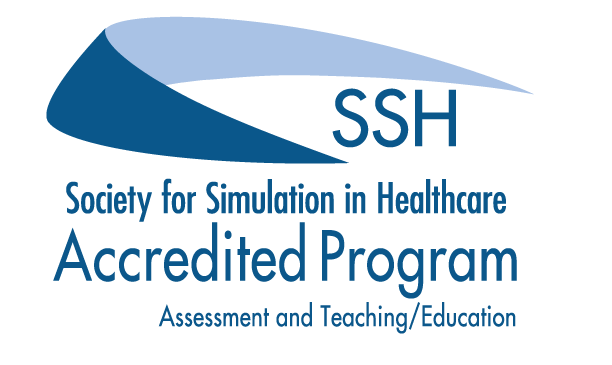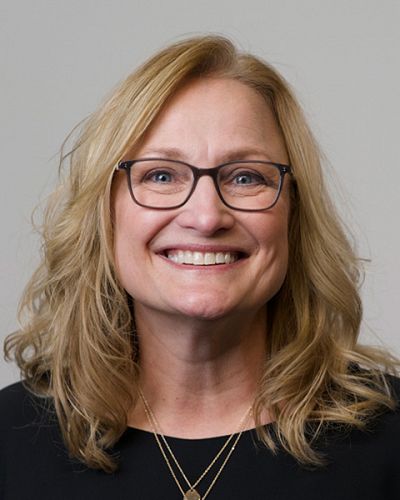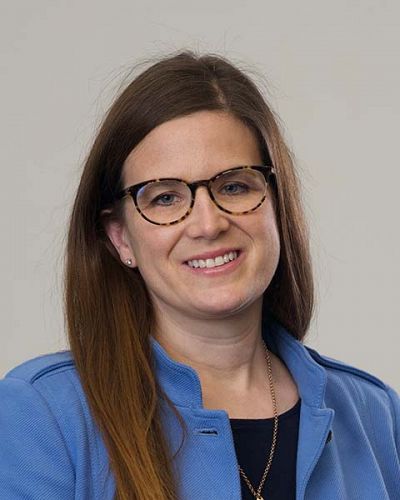Simulation education provides learning opportunities in a safe environment that leads to improved patient outcomes.
The Innovative Simulation and Practice Center (ISPC) offers state-of-the-art equipment and technology with experienced simulation educators. Simulation and practice experiences foster student growth in confidence and competence.
Accreditation Notice

Vision and Mission
Vision
The vision of the Binghamton University Innovative Simulation and Practice Center is to emerge as a national leader in healthcare simulation education and scholarship.
Mission
Our mission is to provide safe, culturally sensitive, evidence-based simulation experiences to support healthcare education and facilitate safe patient care. To achieve this mission, we commit to:
- Interprofessional collaborations through experiential learning
- Providing leadership and support for the development of effective educational activities
- Contributing to the body of research in healthcare simulation education
- Providing state-of-the-art facilities for instruction
ISPC Team Members

Patti Reuther, MS, RN, CHSE-A
Assistant Dean of Simulation and Practice, Director of IPE

Laura Fahs
Senior Innovative Simulation and Practice Specialist

Sidney Hunt
Innovative Simulation and Practice Specialist

Patrick Leiby
Director of Technology and Innovation

Lori-Marie Sprague, PhD, RN, CHSE
Assistant Director of Innovative Simulation and Practice / Clinical Associate Professor
No profile found.
The Institute of Medicine and the Joint Commission on the Accreditation of Healthcare Organizations have asserted that patient safety is a high priority in training. The best way to enhance such training is with simulators.
Patti Reuther, assistant dean